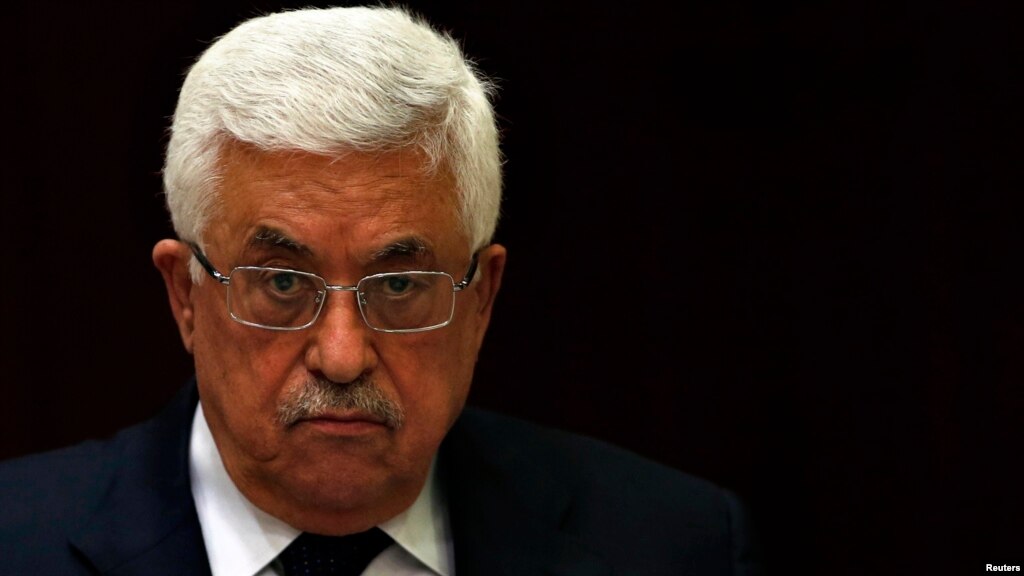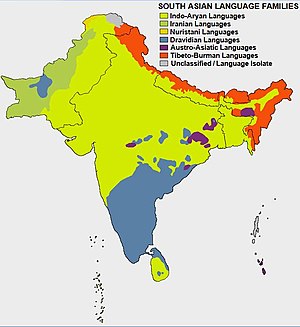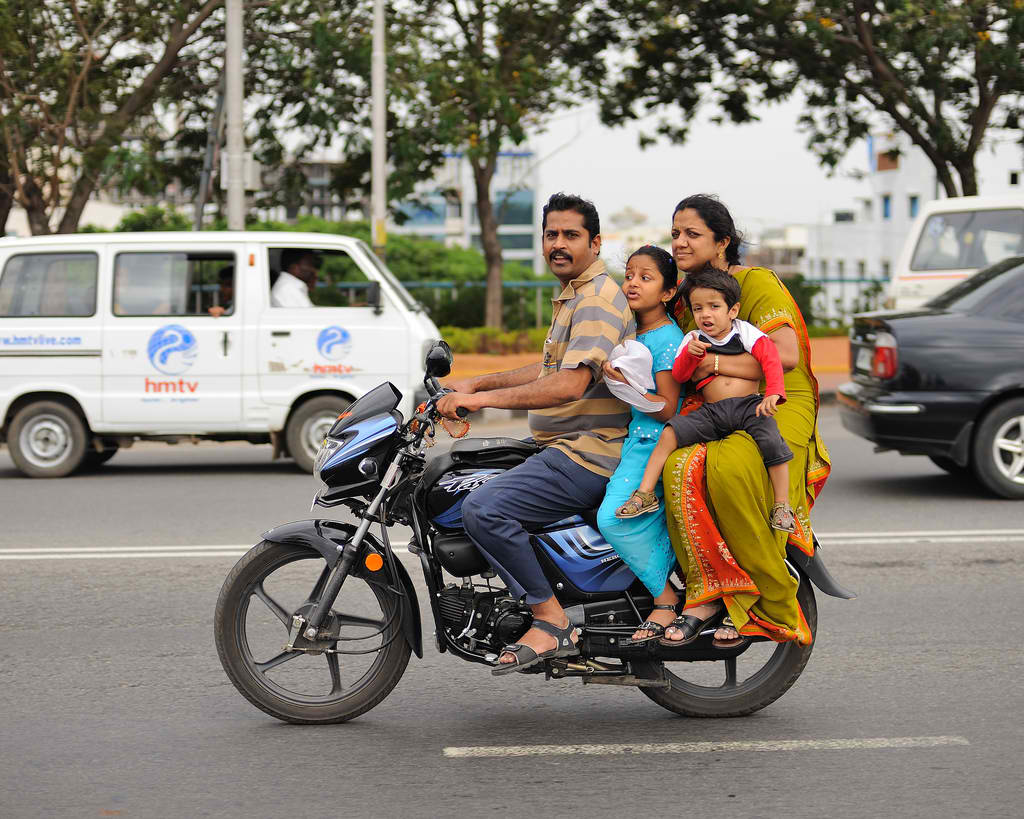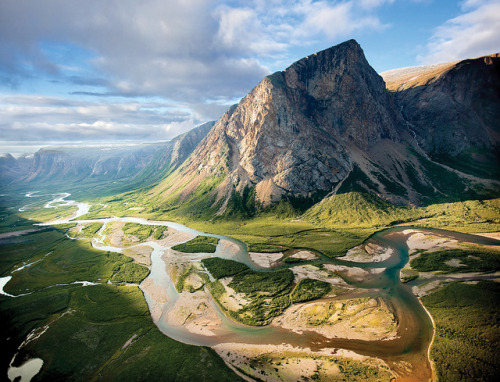Click on image for full picture
 Photos of the clashes are everywhere in the world's media, so here's another unfortunately familiar dreary picture to get us oriented, from www.spiegel.de
Photos of the clashes are everywhere in the world's media, so here's another unfortunately familiar dreary picture to get us oriented, from www.spiegel.deThe US has apparently retreated, once again, to diplomatic bromides and half measures - for example highlighting the cancellation of a planned joint military exercise with Egypt's authorities, yet quietly continuing its foreign aid to the military rulers. The European Union is "urgently" scheduling a review of its aid to Egypt, and the reasoning given is where the heart of this blogpost begins. An EU spokesperson describes the Western premise as this, "In cooperation with its international and regional partners, the EU will remain firmly engaged in efforts to promote an end to violence, resumption of political dialogue and return to a democratic process..."
Let's look at those three points: an end to violence, resumption of political dialogue, return to a democratic process. Does this fit Egypt? Peace is not merely the absence of violence, but a holistic concept where justice and tolerance are embedded. Political dialogue takes place where all parties submit to the concept of give and take. A democratic process is more than technical elections every so often, a procedure that plenty of authoritarian rulers have become experts at, without the heart of the governing concept.
Click on image for full picture
 from the German news magazine der speigel, "So far, calls by US Deputy Secretary of State William Burns (left, shown in discussion with acting president Adly Mansour) for an agreement between current leaders and Morsi supporters have gone unheeded."
from the German news magazine der speigel, "So far, calls by US Deputy Secretary of State William Burns (left, shown in discussion with acting president Adly Mansour) for an agreement between current leaders and Morsi supporters have gone unheeded."A basic question
Teatree wonders whether Islamists by definition can truly be democratic. If their end goal is the rule of Sharia law, is there opportunity to step back, give and take? Or will they use the tools of the democratic process as mere stepping stones to imposing their brand of theocracy.
If one remembers correctly, the Muslim Brotherhood has given the world al-Qaeda, while the "purer" versions of Islam have given not only the West, but fellow Muslims, a string of statements: embassy bombings, 9-11, bus bombings, suicide bombings, the Taliban and its early act of shelling and destroying old Hindu shrines, and the latest in Mali, the tearing apart of old Muslim shrines. With Islamic extremists, is there realistically an opportunity for dialog, an end to violence, or a commitment to a democratic process?
 Another familiar angry picture of Islamists riled up by their religious teachers. This image is from Newsweek's coverage of the non-existent video narrative that was cooked up for unknown purposes by the US government to cover for lax security at its Libyan and Egyptian embassies in 2012.
Another familiar angry picture of Islamists riled up by their religious teachers. This image is from Newsweek's coverage of the non-existent video narrative that was cooked up for unknown purposes by the US government to cover for lax security at its Libyan and Egyptian embassies in 2012. Some new twists emerge
Yet, while the secular, modern West wrings its hands over the Egyptian violence, support for Egypt's military rulers is coming unexpectedly from one moderate Muslim kingdom - Jordan. Equally surprising, Palestinian President Abbas has also signaled his support for the Egyptian military. Several other Arab countries have voiced support for Egypt's military but these two leaders' positions are worth taking notice.
Click on image for full picture
 Palestinian President Abbas sides with Egypt's ruler against the Muslim Brotherhood
Palestinian President Abbas sides with Egypt's ruler against the Muslim BrotherhoodCould these leaders be the harbinger of moderate Muslim voices finally rising up to say enough? Is it similar to the more violent 2006 uprising in Iraq where Sunni tribes (with much to resent regarding the new Shiite led Iraqi government), finally said enough to the ultra violent Al-qaeda.
Click on image for full picture
 Mohammed Al-Zawahiri, the brother of Al-Qaeda Chief Ayman Al-Zawahiri, has reportedly been arrested in Egypt. Photo from www.news.com.au
Mohammed Al-Zawahiri, the brother of Al-Qaeda Chief Ayman Al-Zawahiri, has reportedly been arrested in Egypt. Photo from www.news.com.auEthnic cleansing occurring quietly in Egypt? Or just "acts" of ethnic cleansing.
Amid heavy coverage and soul searching regarding the Egyptian military response, there has nevertheless been a string of reporting regarding the Muslim Brotherhood turning its anger against Coptic Christians in Egypt. The Christian minority in that country (10% of the nation's total population of around 85 million) has experienced a wave of arson attacks against churches (approximately 50 have been burned or looted in the past several weeks) as well as highly publicized killings of priests and Christian leaders. One Catholic article rather breathtakingly described the situation as an early posture of ethnic cleansing.
 St. Mary Church in Fayoum attacked, looted. Caption and photo from http://egyptianstreets.com
St. Mary Church in Fayoum attacked, looted. Caption and photo from http://egyptianstreets.comBut on a more hopeful note. There are also reports that neighborhood watches are forming, resisting the mobs of the Muslim brotherhood. And of moderate Muslims taking the risky stand to protect neighbors and churches in their locale - at least this is the story floating around on the internet accompanying the photo below. (Teatree is becoming a bit suspicious of this photo as no authoritative source can be found.)
Click on image for full picture
 An unfamiliar, yet hopeful, necessary, sign. (Unfortunately, the timeline of this photo is a little vague, as well as the specific church. One report says it was St Georges in Sohag - if so, then this picture was taken a while ago, because according to the Washington Post, that church was indeed attacked and burned in just the past few days.)
An unfamiliar, yet hopeful, necessary, sign. (Unfortunately, the timeline of this photo is a little vague, as well as the specific church. One report says it was St Georges in Sohag - if so, then this picture was taken a while ago, because according to the Washington Post, that church was indeed attacked and burned in just the past few days.)The confrontation between responsible moderate Muslims and the extremists is probably the battle that must first be enjoined before moving on to the next step of building political democracy and the three "pillars" described earlier by the EU. What is the heart of Islam? Is it jihad against the infidel, or a more moderate set of beliefs that can live in the larger world. Perhaps in Egypt, the most populous Arab nation that has always exercised leadership, there can emerge a home-grown, internal religious stance against extremists, showing tolerance and acceptance of others.
And perhaps it is best the West is "left out" of the forefront of this revolution as its presence morphs the tensions and violence into a geopolitical framework. As with the tense situation in Pakistan, and the disaster in Syria, these confrontations are overwhelmingly Muslim vs Muslim - with Shiite-Sunni reverberations yes - and ultimately a conflict where extremism will take over this world religion if not challenged.













